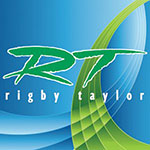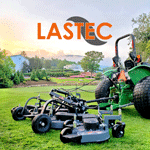Why do you aerate your greens?
Related Articles
Simon Doyle is the director of agronomy at Troon Europe, providing course maintenance expertise to some of the continent’s greatest golf courses, including The Grove in England and Trump Turnberry in Scotland. Here he offers advice on managing venues amid two pandemic threats: financial pressure and higher footfall, and says now is a good time to challenge some of the practices greenkeepers might always do.
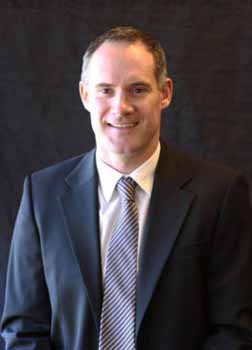
With budgetary pressures increasing even further due to the pandemic, what advice do you have for greenkeepers who need to increase control of their costs?
We could write a book on this but let’s look at some simple aspects of how we allocate our time. There are only so many hours in the day and only so many staff to put in these hours. So, it is important to look at every task you do, how much time is spent on it and assign a value accordingly. You can then work with your peers and / or managers to determine if something should change, some examples would be:
- Bunker maintenance consumes a considerable amount of time and whilst a highly criticised part of the golf course it may not always be the best use of time. Ask yourself do they need a full rake or is spot raking sufficient? As a side note I hope to see less bunker rakes on the golf course following Covid precautions which will make mowing and bunker raking more efficient … not to mention the pace of play faster!
- Maintained areas and mowing frequencies: Assess the areas that are mowed regularly whilst also considering the optimum frequencies. Many times we can reduce the maintained areas because they are not in play … ask yourself do you need to maintain so much grass around those tees?
- Annual cultural practices are another good one; why do you aerate your greens? Be sure you are doing it for the right reasons and not just because you always have or everyone else is doing it. See data-driven decisions below for some guidance on this.
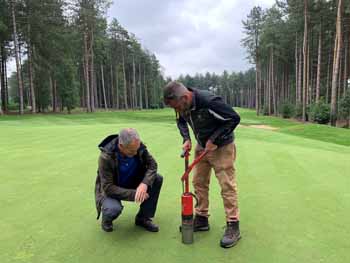
Golf courses have seen unprecedented usage of late, should that change the way they are being maintained?
As we know, maintaining a golf course during play is very inefficient and lessens the golfer experience. Look at your staffing model and see how you can restructure accordingly to get daily preparation complete early in the morning. A part-time staff structure is great for this and can be made up of students in the summer, retirees or others who only want to work mornings due to other commitments.
A split-shift model is also a great way to schedule around busy periods on the golf course.
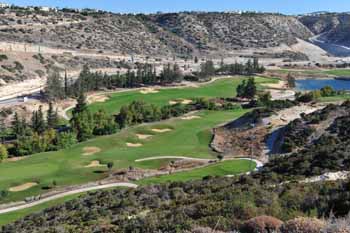
Do you have any advice for greenkeepers who are trying to reduce their fertiliser input due to regulatory demands, which may be happening at the same time as an increase in pressure on the time they can devote to their courses?
It does not take a great number of products to maintain a golf course and many times agronomic programmes are more complicated than they need to be. We are inundated with product options today and while new technology can help us, the requirements for growing healthy turfgrass are quite straight-forward. So, take some time to review all the products you currently use, understand the key elements (sources of nitrogen for example), how they function and ensure they are really needed. Many times, agricultural-grade fertilisers are sufficient and can easily be dissolved for liquid applications. When using granulars try using natural organics, if timed correctly natural organics are a great part of any agronomy programme.
Today we are in a world of data and we should use this in daily golf course maintenance as well. Soil testing, clipping yield, growth potential and organic matter are all great examples of this. Data allows us to make informed decisions that will ensure only necessary applications; what is the growth rate at the moment, and do I need to fertilise? What are my soil nutrient levels, are they sufficient?
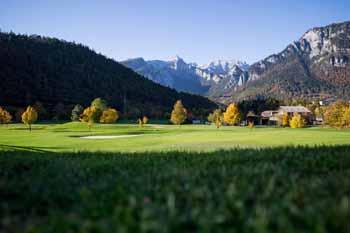
What are some of the key projects you worked on in 2020 in Europe?
In 2020 we were focused on opening the full 18 holes at PGA National Czech Republic at OAKS Prague, as well as a variety of other improvements at other facilities; a bunker renovation project at Costa Navarino Dunes course and basic irrigation system audits and improvements at many facilities. Managing and dealing with Covid-19 restrictions of course took a great deal of our time as we had to implement the necessary procedures. At the same time this period has allowed us to reflect on how we manage our courses, it has given us time to review our maintenance practices and where technology can be better used to help us in the future. For example, ‘digital whiteboards’ are something we are implementing which allow us to not only plan very efficiently and adapt quickly but help us gather and compare data across facilities to help everyone involved.
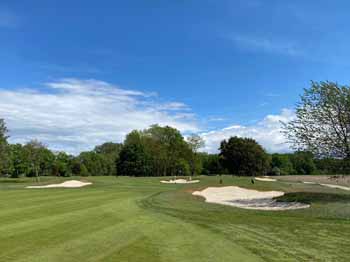
Can you give us an insight into the agronomic culture of Troon?
The founding culture is one of understanding and implementing the basics; water management and fertility programs are the starting point to any agronomy programme. Quality of work effort is also a very strong part of our culture, whenever a job is undertaken it is done to a high standard; we don’t believe in just going through the motions.
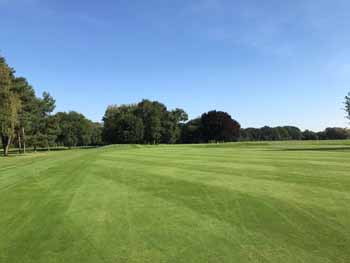
What is life like as a member of the Troon family?
One of the greatest aspects of being part of Troon is the support base that exists; given the people, their experience and number of facilities in our organisation, there is not one problem that somebody has not overcome. This support base for finding effective solutions is vast and helps avoid expensive mistakes, quickly. The value and importance Troon places on golf course conditioning is huge and ensures our superintendents have a fantastic support network to call upon.
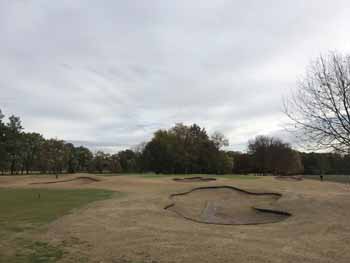
How is Troon flexible in what they offer clubs?
As we expand our agronomy services, we want people to understand our flexible management model to assist clubs with an agronomy only package. It is more about building an offering that works for the facility to help them achieve their goals in an agreed upon timeframe. The only minimum requirement for adequate involvement is regular contact so that we can ensure appropriate advice and adjust accordingly. Our programmes offer integrated solutions so the better we communicate with each other the better chance we can be successful together.
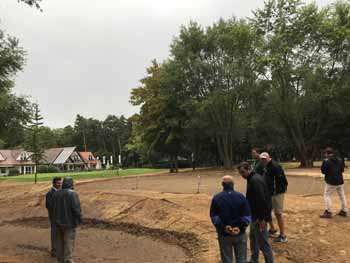
Why would courses choose an ‘agronomy only’ package?
The agronomy only solution is a great for facilities who want to improve their golf course by taking advantage of Troon’s agronomy expertise; not only for maintenance, renovation and construction but also for buying advantages be it maintenance equipment, golf carts or supplies. With currently managing over 475 golf clubs in the world we have built great relationships with the major manufacturers and can offer clubs thousands of euros in savings through our bulk buying power.
Working with Troon’s agronomy team can be seen as an insurance package to protect an owner’s assets. Through tried and tested techniques, we are committed to helping owners ensure the longevity of their golf course.
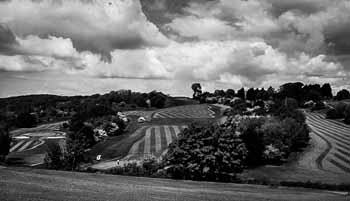
What are some successes that you were proud to implement in the last 12 months?
It was an exciting year for a lot of Troon managed courses and we’re proud of a number of renovations / programmes. A few highlights over the past year were implementing a water savings programme at Secret Valley Golf Club in Cyprus, a disease control programme at Domat Ems in Switzerland and a course renovation at Pfalz Golf Club in Germany.
Implementing a water savings programme at Secret Valley Golf Club in Cyprus was an important project for the club and the region. Water is in limited supply on the island, so to find ways to be more efficient with the use of it was crucial. By using wetting agents we can effectively make water ‘wetter’ so it goes further. At Secret Valley we were able to reduce water use by 30 percent, making the club more sustainable and saving tens of thousands of euros in cost. For the disease control programme at Domat Ems, the Troon team were able to prove value through reliable and proven disease management techniques. Implementing an ‘Intelligent Pest Management Programme’ we were able to combine fertility and cultural practices to minimise disease potential whilst also using weather data to forecast potential for disease, forecasting disease potential allows to determine how aggressive a disease might be so we can act accordingly if set thresholds are expected to be reached.
Finally, Troon acted as consultants on the Pfalz Golf Club renovation. We worked closely with the architect, contractors and irrigation specialist to meet the expectations of the owners and members and create the golf course that was right for them. In addition to this, we were able to offer significant cost savings through our vendor partnerships – a saving that would have covered our consultancy fee. The results at Pfalz have exceeded expectations and show how much can be done with a modest investment.
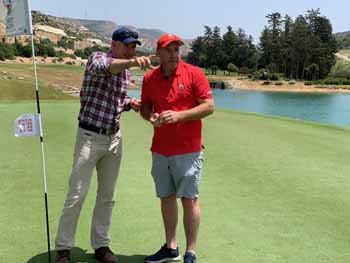
If you’d like to know more about how Troon’s agronomy team, please contact Simon Doyle at sdoyle@troon.com







